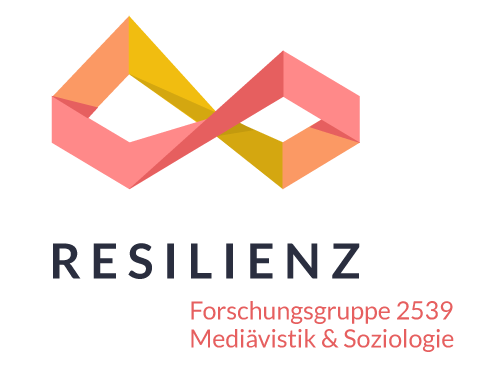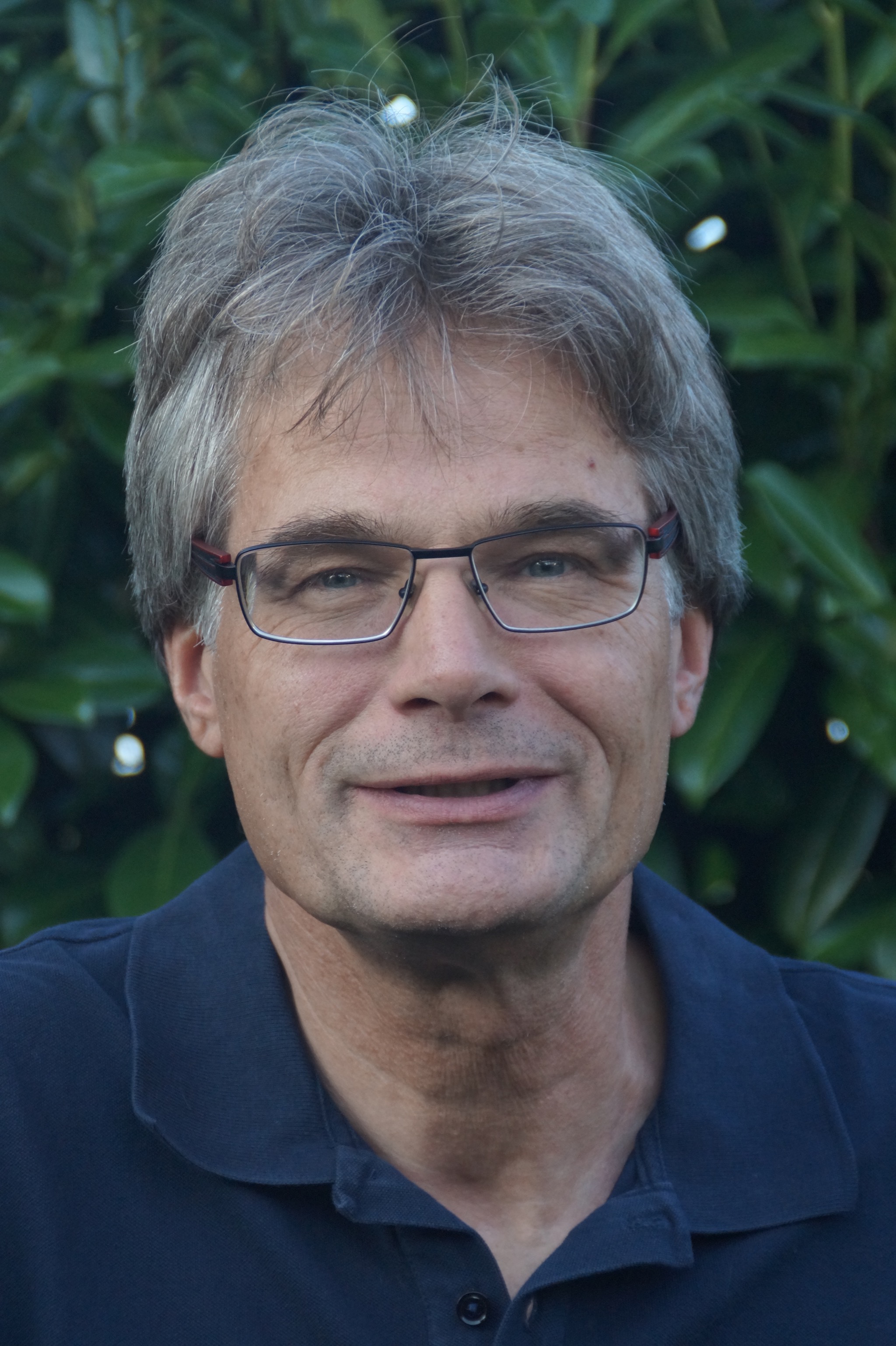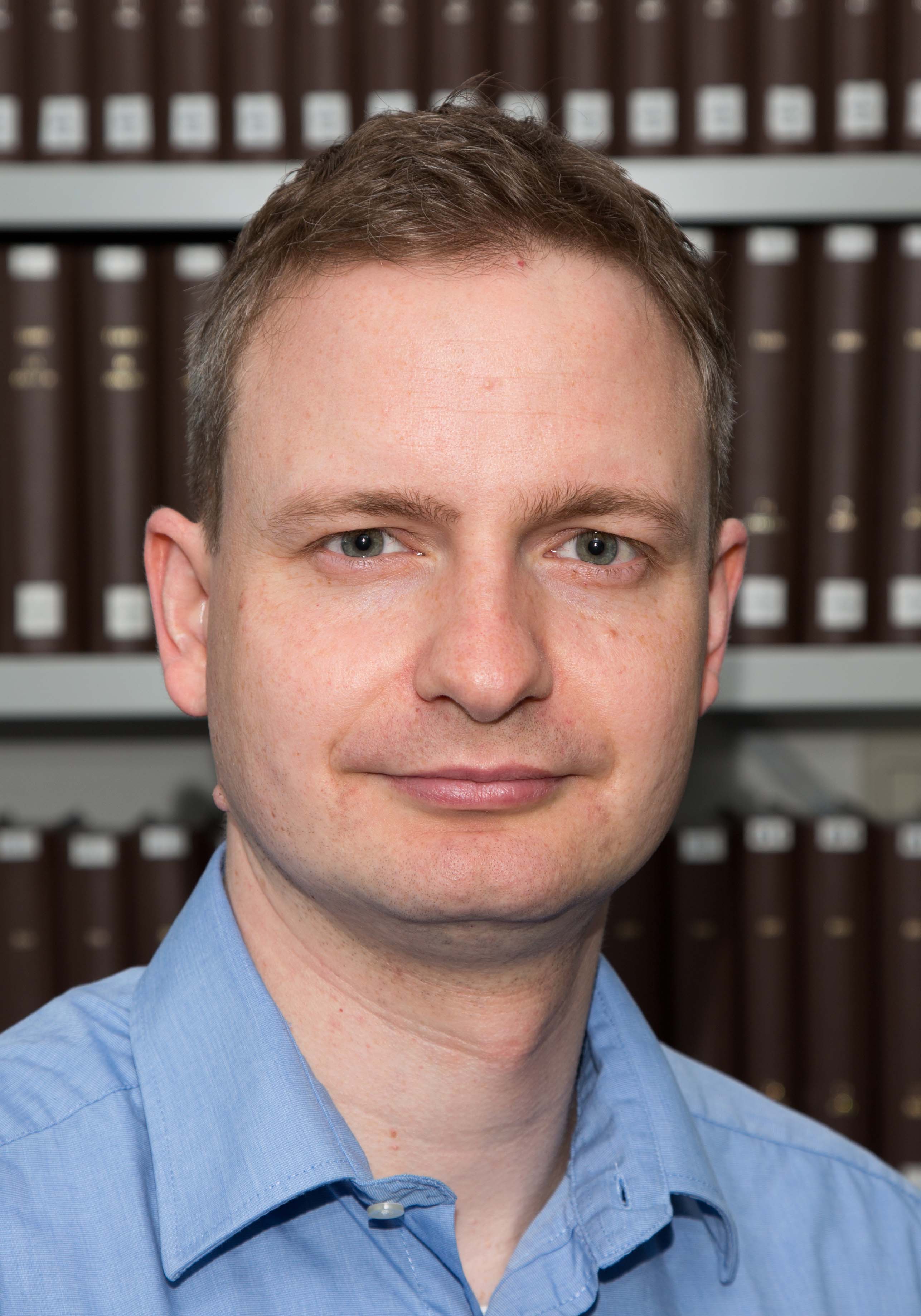The project aims at developing a sociological theory of resilience. It deals with the analysis of resilience as a theoretical perspective on socio-historical processes. It asks how we can understand resilience from a sociological perspective and how it can serve as a heuristic towards a better understanding of nonlinear processes. In these processes, phenomena of continuity and discontinuity are not conceptualized as opposites but analyzed productively in their dialectical relationship. Side effects assume a central role in this analysis. This analysis will also address questions concerning the role of processes of construction and interpretation regarding multilevel dynamics and regarding the problem of how to determine the boundaries of resilient units. Questions concerning the empirical validation across historical epochs firmly ground the project within the research group. Building on the results of the first funding phase and in continuous dialogue with the historical-empirical projects as well as the new knowledge- sociological empirical project 4 “Resilience Processes in the Face of Disruptive Phenomena”, the following research questions will be addressed in the second funding phase: (1) How can resilience serve as a heuristic to interrelate analytical perspectives on socio-historical processes, which concentrate dominantly either on the role of agency or on the role of structures? (2) What relevance do emergent effects, structural ambivalences and dynamics of side effects have on resilience processes? (3) To what extent can the question of identity as well as the problem of the determination of boundaries of social units in resilience processes be addressed with recourse to a social-constructionist approach? How can the concept of transformative autogenesis, which refers to the dialectical interrelationship of continuity and discontinuity and its ‘simultaneous non-simultaneities’, be (further) developed in this context? With regard to the typologies of resilience processes, which will be developed by the research group, and with the aim to structure and assist these analyses, the project furthermore addresses the question how resilience processes and their modes (coping, adaptation and transformation) as well as the interweaving of resilience strategies, dispositions and resources can be differentiated typologically.


